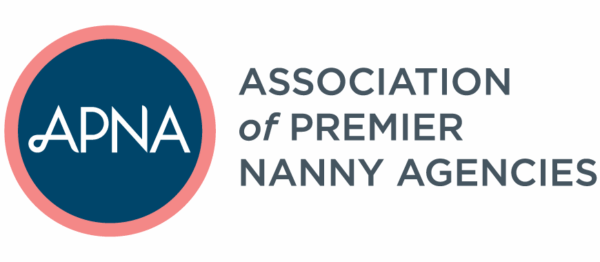A well-structured onboarding process is crucial in ensuring successful and lasting placements. As an agency, you play a key role in facilitating this process by guiding both nannies and families through each step. Your expertise helps create clarity, build trust, and set the stage for a positive and professional working relationship. Below are the ways your agency can assist in onboarding and best practices to ensure a seamless transition for both parties.
Step 1: Pre-Screening and Background Checks
One of the most valuable services an agency provides is conducting thorough background checks and pre-screening to ensure families are matched with highly qualified nannies. Agencies should:
- Perform comprehensive background checks, including criminal history and driving records.
- Verify references from previous employers to confirm the nanny’s experience and professionalism.
- Conduct thorough social media checks.
- Ensure CPR and First Aid certifications are up-to-date and recommend any necessary training.
Step 2: Establishing Clear Expectations
A successful placement starts with clearly defined expectations. Agencies should facilitate these discussions by:
- Assisting in drafting a detailed work agreement outlining duties, work hours, compensation, and benefits.
- Helping families communicate their parenting philosophies, household rules, and discipline approaches.
- Providing templates for emergency contacts, medication administration procedures, and household guidelines.
Step 3: Orientation and Training Support
To help nannies transition smoothly, agencies can assist in the orientation process by:
- Encouraging families to provide a home tour, introduce family members, and discuss daily routines.
- Offering resources or training programs on child development, nutrition, and emergency preparedness.
- Providing a checklist for families to cover key information, including allergies, schedules, and house rules.
Step 4: Trial Period and Check-Ins
A trial period allows both families and nannies to adjust and ensure compatibility. Agencies can support this by:
- Recommending a structured trial period with clear evaluation points.
- Conducting check-ins with both the family and nanny during the first few weeks.
- Offering mediation services if any concerns arise to ensure a positive resolution.
Step 5: Ongoing Support and Relationship Building
A successful nanny-family relationship requires ongoing support. Agencies should:
- Encourage families to maintain open communication through daily logs or scheduled meetings.
- Provide continuing education opportunities for nannies to enhance their skills and career growth.
- Act as a resource for both parties, offering guidance and support beyond the initial placement.
A smooth and structured onboarding process benefits both families and nannies, ensuring a long-lasting and successful placement. As an agency, your role in facilitating this process is invaluable. By providing thorough pre-screening, clear communication tools, orientation support, and ongoing guidance, you help create strong, trusting relationships that lead to successful partnerships and happy, well-cared-for children.

